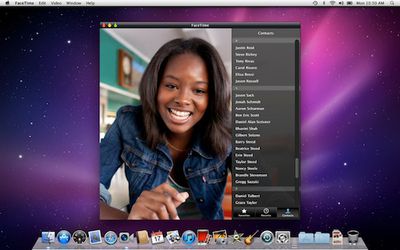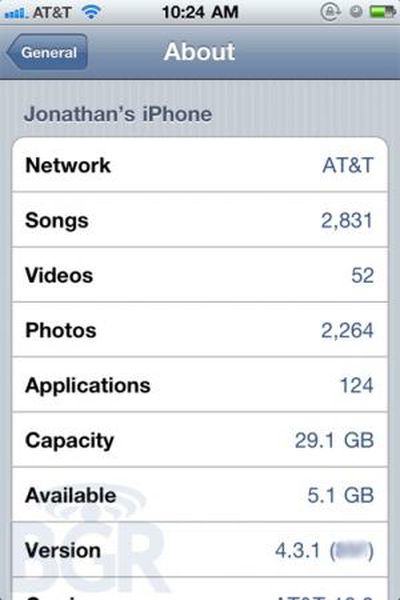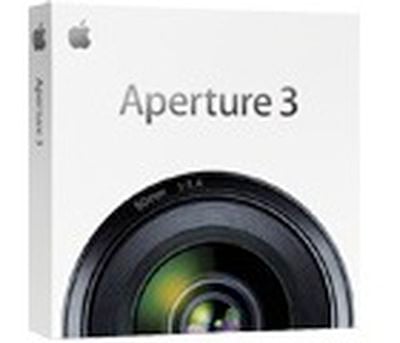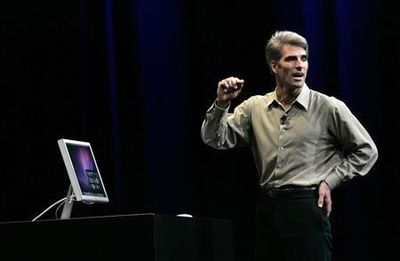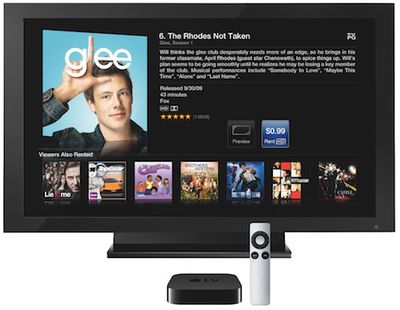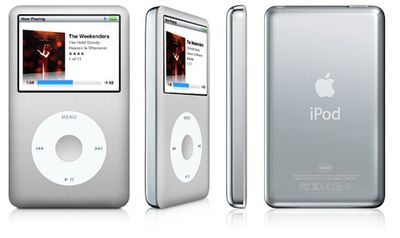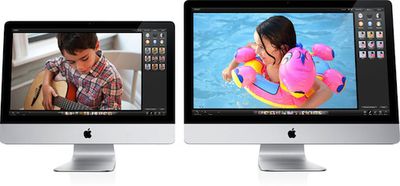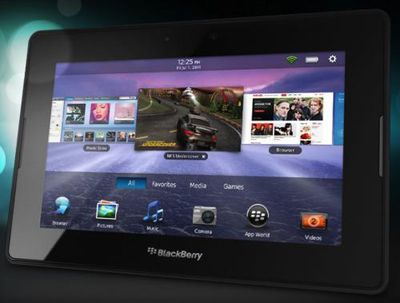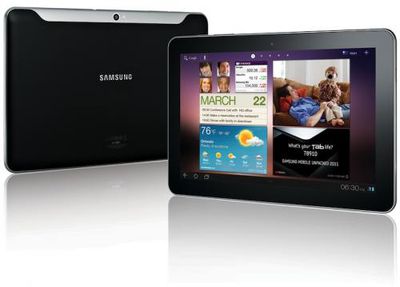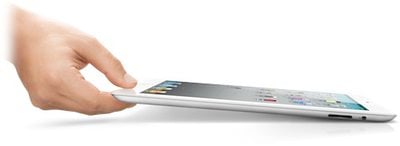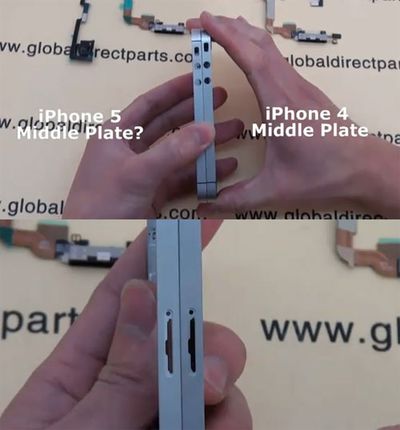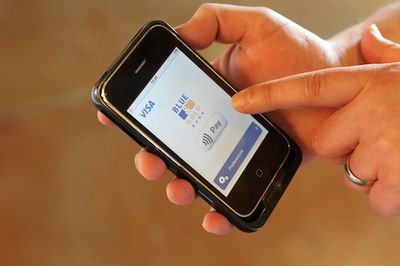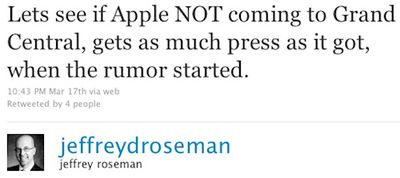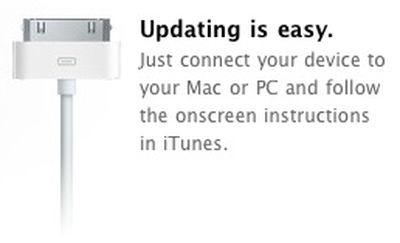Apple today
officially confirmed that it will launch sales of the iPad in 25 new countries on Friday: Australia, Austria, Belgium, Canada, Czech Republic, Denmark, Finland, France, Germany, Greece, Hungary, Iceland, Ireland, Italy, Luxembourg, Mexico, Netherlands, New Zealand, Norway, Poland, Portugal, Spain, Sweden, Switzerland and the UK.
"While competitors are still struggling to catch up with our first iPad, we've changed the game again with iPad 2," said Steve Jobs, Apple's CEO. "We're experiencing amazing demand for iPad 2 in the US, and customers around the world have told us they can't wait to get their hands on it. We appreciate everyone's patience and we are working hard to build enough iPads for everyone."
As with the U.S. launch, online sales will begin at 1:00 AM Friday in each country, with in-store availability set for 5:00 PM at Apple retail stores and select resellers.
An Apple spokesperson had confirmed yesterday that the UK launch remained on track for Friday amid worries that the company would delay its international launches in the face of short supplies affecting delivery to its U.S. customers.
Apple also announced today that the iPad 2 will launch in Hong Kong, Singapore and other countries in April, with even more countries to follow in the months ahead. Japan had been set to see the iPad 2 debut with the first wave of international launches, but Apple last week delayed the launch there in the wake of the earthquake and associated disasters. Apple has yet to announce a new launch date for the iPad 2 in Japan.
